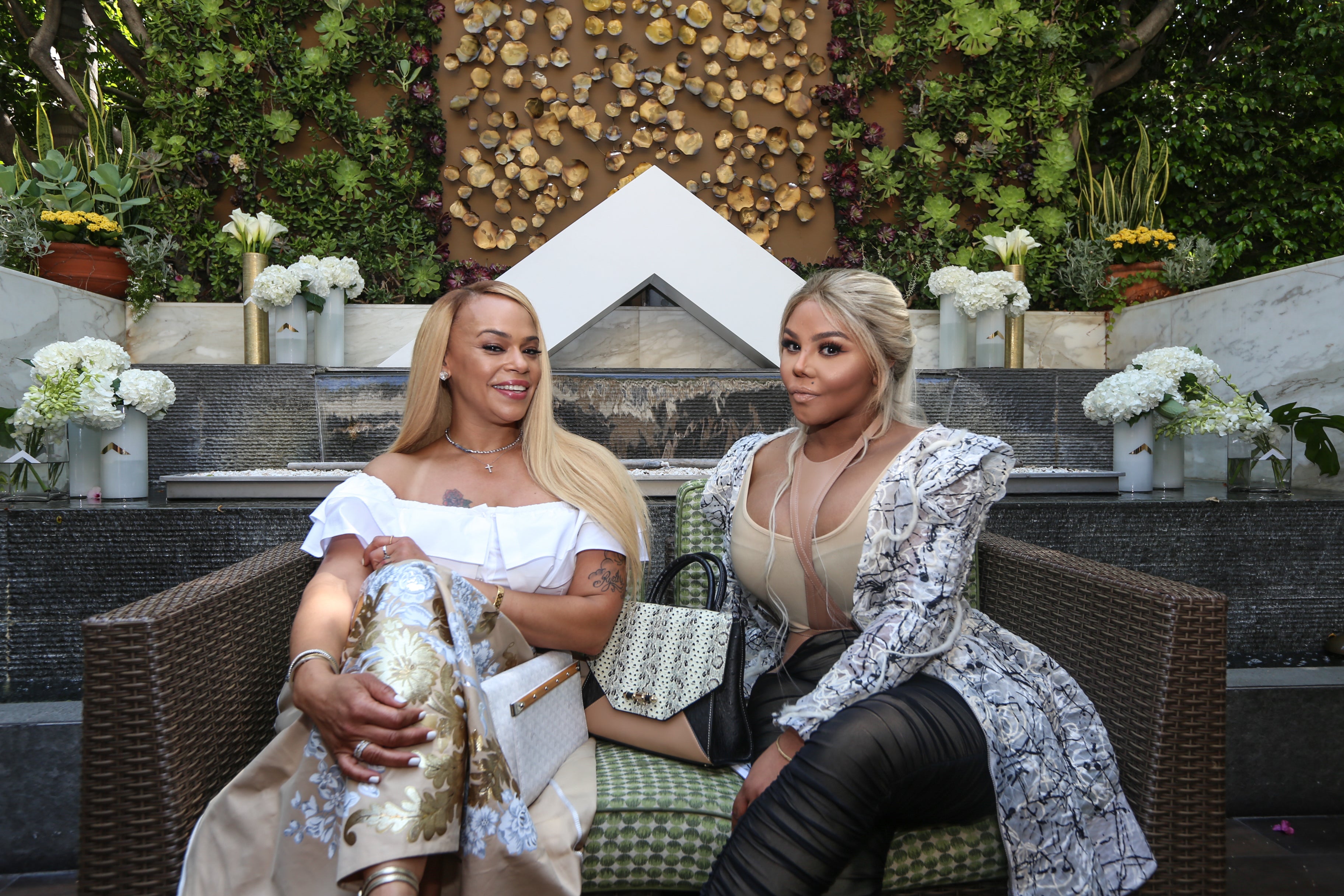
Hip-hop in the 1990s produced scores of New York-based legends, and this is largely due to the hit-making factory of Bad Boy Records. While the men behind Bad Boy–primarily Sean “Diddy” Combs and his protege Notorious B.I.G.— get the most credit, a handful of women affiliated with the music empire were breaking ground by expressing Black feminism in ways that pop culture hadn’t experienced ever before.
From the onset of hip-hop’s creation on New York City’s streets in the late 70s and through its migration to the west coast, the genre was associated with urban, male machismo. But Lil’ Kim, Faith Evans and Mary J. Blige expanded hip-hop to depict a breadth of Black womanhood.
Lil’ Kim, who was signed to Biggie Smalls’ Junior M.A.F.I.A. imprint, wasted no time in exploding society’s expectations that women be subservient to male partners.
Her lyrics and self-image depicted a woman who was fiercely independent and comfortable with her body and sexuality before body positivity entered mainstream parlance. In between popularizing the now-famous term “throwing shade,” she advised men in the “Crush on You” remix, “Keep your stone sets, I got my own baguettes.” Wearing a bikini, fur coat, and jewels in the track’s video and often everywhere else, Kim took no issue in declaring herself the Queen Bee in a society that pressures women to be demure and humble in the presence of men.
Although Lil’ Kim could have relegated her rebelliousness to a temporary phase— like some pop and reality stars who borrow “ratchetness” and the boldness of Black culture until it no longer suits them– Lil Kim’s bravado is endemic to who she is, and she has never apologized for it.
Along this spectrum of Black femininity was R&B songstress Faith Evans. The crooner and Lil Kim were often depicted as foils, but the women were not terribly far apart in how they broke barriers for Black women in hip-hop. At just 21 years old, Faith was the first female artist to sign to Bad Boy Records.
The hip-hop industry can be particularly challenging for women, as most of its content creators —from rappers, writers, and producers— are men, as are its label heads and distribution company CEOs. Black women not only had to “lean in,” but sometimes we had to stand tall, fight back, or momentarily retreat in the face of gendered discrimination and harassment. Evans’ unflinching foray into a competitive industry and male-dominated genre, and her ability to withstand the industry for over 20 years, is a testament to her fortitude and incredible creative talent.
Joining Lil’ Kim and Faith Evans in the Bad Boy universe was legendary singer Mary J. Blige. Although Blige was never signed to Bad Boy or one of its subsidiaries, she was a prominent figure in its meteoric rise.
As Diddy pronounced in his Bad Boy Reunion tour, “there wouldn’t be no Bad Boy if it wasn’t for [Mary].”
Before Lauryn Hill’s masterful hip-hop and soul debut was Mary J. Blige’s What’s the 411?, which pioneered the hybrid genre. The album, which Diddy asked to co-executive produce with her, allowed Blige to both be vulnerable and defiant. In essence, she could exhibit the fullness of her humanity without worrying about fitting into stereotypical boxes of how women should sound and feel. This pained strength became Blige’s trademark and arguably what led to her remarkable success and iconic status in popular music.
Beyond her musical talent, Blige also had an eye for new artists. She discovered the New York rap group The Lox, which included breakout star Jadakiss, and she introduced them to Diddy, only because she didn’t have a label to sign them herself. A few years later, she formed her own label to guide talented up and comers.
While these women expressed their femininity in a variety of ways, Lil’ Kim, Faith Evans and Mary J. Blige shared a sense of freedom —freedom to be sultry, tough, brazen, mad, confident, combative and sexual— that countered society’s expectations of them and in spite of how Black women could be uniquely demeaned for their self-expression. When Black women are often told we are too loud, too outspoken and too independent, these women allowed themselves to be fully human decades before woke Twitter and deep tumblr were conceived.
Although feminist theory goes beyond the personal and requires a commitment to women’s equality politically and socially, freeing women to simply be, without societal policing that isn’t demanded of men, is essential.
As Biggie and Tupac continue to get their props for their indelible contributions to hip-hop, and rightfully so, we must also thank the women who faced unique personal and professional struggles yet thrived in the industry’s golden era.